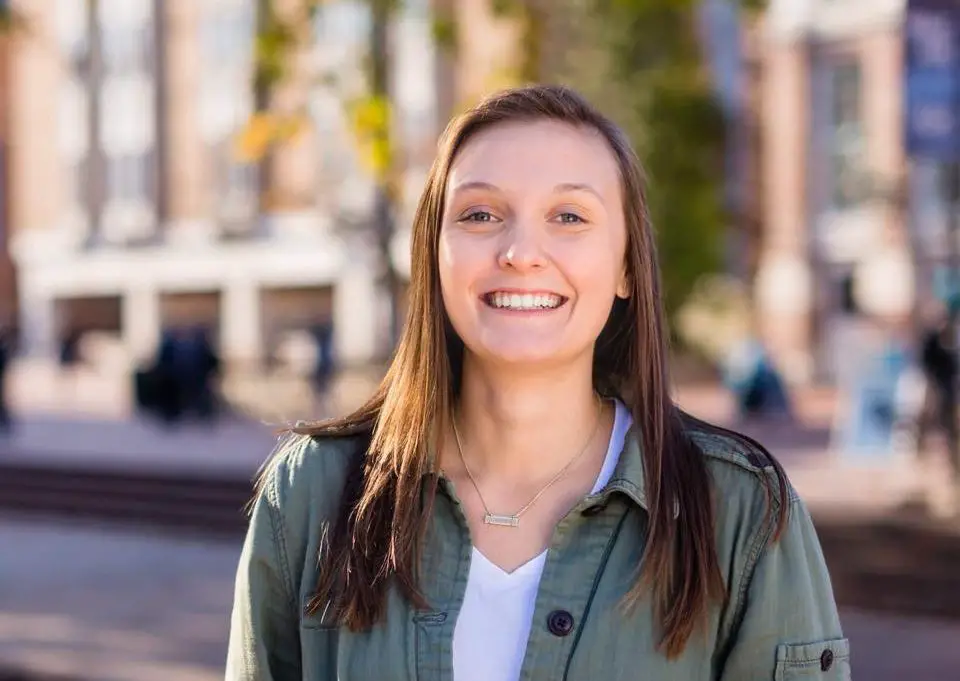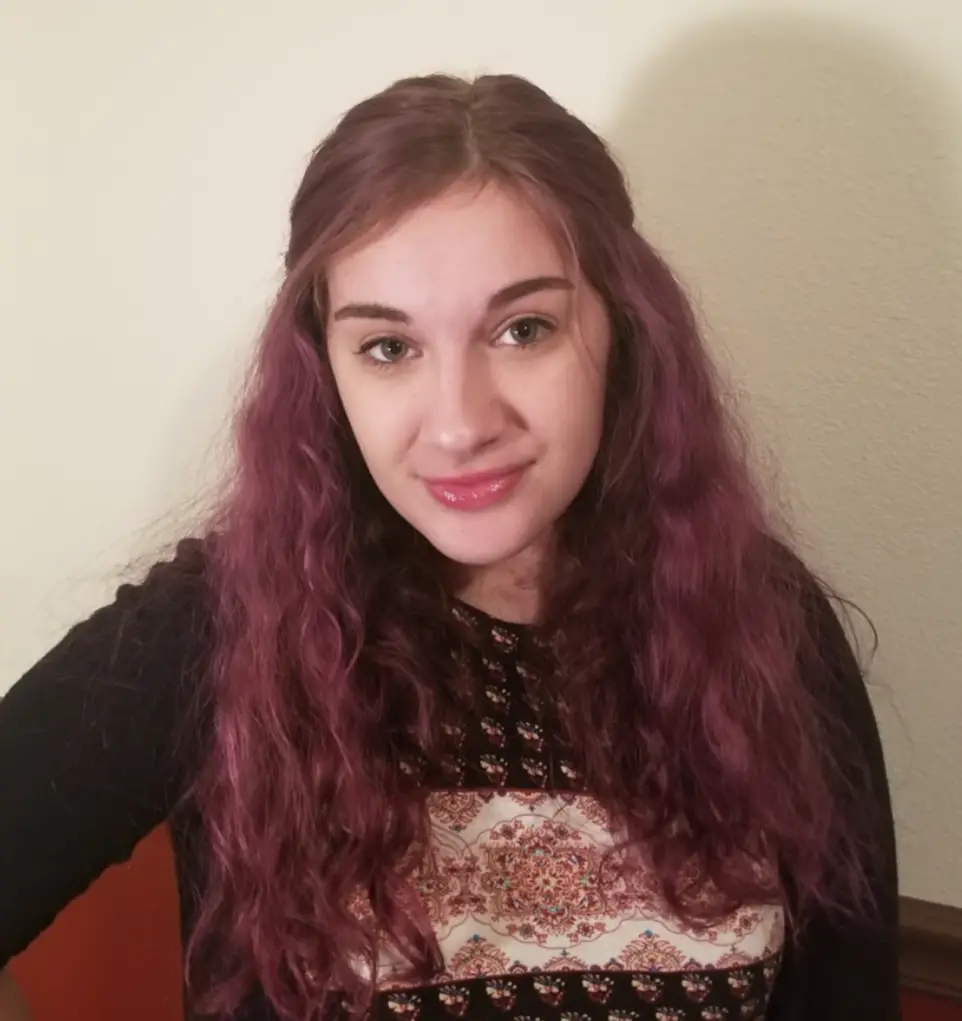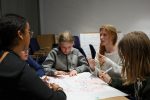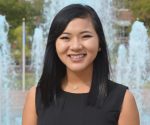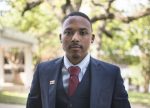Savannah Putnam is an energizing force on her campus. A third-year political science and interpersonal communication major at the University of North Carolina at Chapel Hill, Putnam is ready to fill her role as student body president. Putnam has a wide variety of goals, but one of her main goals that she hopes to achieve during her tenure is to revitalize student body government.
Putnam is from a small town in western North Carolina called Morganton. She says that her hometown is a “really rural community where a lot of people think the same way.” Coming to UNC was eye-opening for her as she got to experience new ideas and people, and she has since been exposed to all kinds of people due to her involvement on campus.
Putnam began getting involved on campus her freshman year. She joined the First-Year Focus Council, which she later led during her sophomore year. She was appointed to various executive boards and became more active on campus by joining other campus groups. She says, “I began to see myself as an avenue for change around my sophomore year.”
After debating running for student body president for a short time, Putnam took action and began promoting herself around campus. Her approachability helped her connect with fellow students. Putnam’s marketing team presented her as fun and sociable, which she exemplifies through her bubbly attitude and outgoing nature.
She found that it was relatively easy to put her name out there since she had already networked so well prior to running due to her involvement in various campus groups and organizations. However, Putnam still put countless hours into her campaign to be accessible to fellow students.
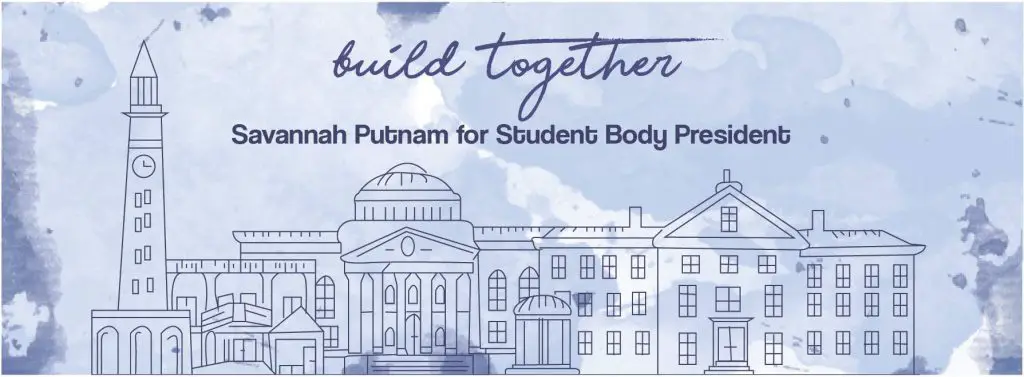
During her campaign, Putnam stayed in “The Pit” — a central gathering place for UNC students — for about 12 hours a day to provide students with the opportunity to voice their concerns so she could actively listen to what they wanted to see from her potential presidency. Though staying in The Pit every day was time-consuming, Putnam says that her experience was worth it since she was able to connect with other students and hear what they had to say.
Her website also provided a space for students to air their concerns, as students could access a virtual suggestion box. Therefore, students had both in-person and virtual access to Putnam to give suggestions.
Providing multiple ways for fellow students to contact her contributed to the would-be student body president’s idea of a living document. Her philosophy is that “policies should never be closed off, so we had student feedback coming in the entire time.”
After gathering student feedback, she and her team created a 37-page policy document, which outlined what she would hope to achieve if she were to win the presidency. Her campaign then ran on two main notions: attainability and feasibility.
Among other things, her platform mainly consisted of reconstructing student government, revamping mental health services at UNC and reforming education for first-generation college students.
Putnam wishes to reconstruct student government because, on many campuses, including her own, student government tends to be disconnected from the student body and many students simply do not feel heard. She hopes to make student government more responsive to the student body and more accessible.
Her mental health platform hits close to home, since many of her friends previously had negative experiences with UNC’s Counseling and Psychological Services (CAPS). She says, “Some of my very best friends at college have had serious mental health issues to the point where they would go to CAPS and they couldn’t do anything for them.”
To avoid losing any more students to mental health issues, Putnam wishes to look into institutions that have these issues and figure out how student government can be a mechanism for change.
The student body president is also excited to look into education reform for first-generation college students. Many people do not have the opportunity to look into the subject, and she hopes to make first-generation UNC students feel safe and welcome on campus.
One of the goals Putnam has already achieved is getting the student body excited about student government. She felt it was necessary to get students engaged since student government has a profound impact on campus.
According to Putnam, “Student government influences anything from parking to creating greenspaces on campus,” and she hopes to show her fellow students her dedication to UNC as well as give them the same sense of family and community that she got to experience coming to the university.
Putnam attributes much of her success to the student body and to the people who helped her set up her campaign. Her wish was to incorporate strong women into her campaign, and she did just that.
Prior to running, her classmate Karli Krasnipol helped Putnam set up her theoretical framework while Ariel Freedman helped with on-the-ground management. Julia Herring also helped Putnam develop her policies and put her ideas into words, and many other accomplished women helped her along the way on her journey to success.
Putnam keeps herself busy outside of SGA. She helps out in the School of Government doing data analytics surrounding women in government, works in the football team recruiting office, is a campus recreation head referee and is in a sorority.
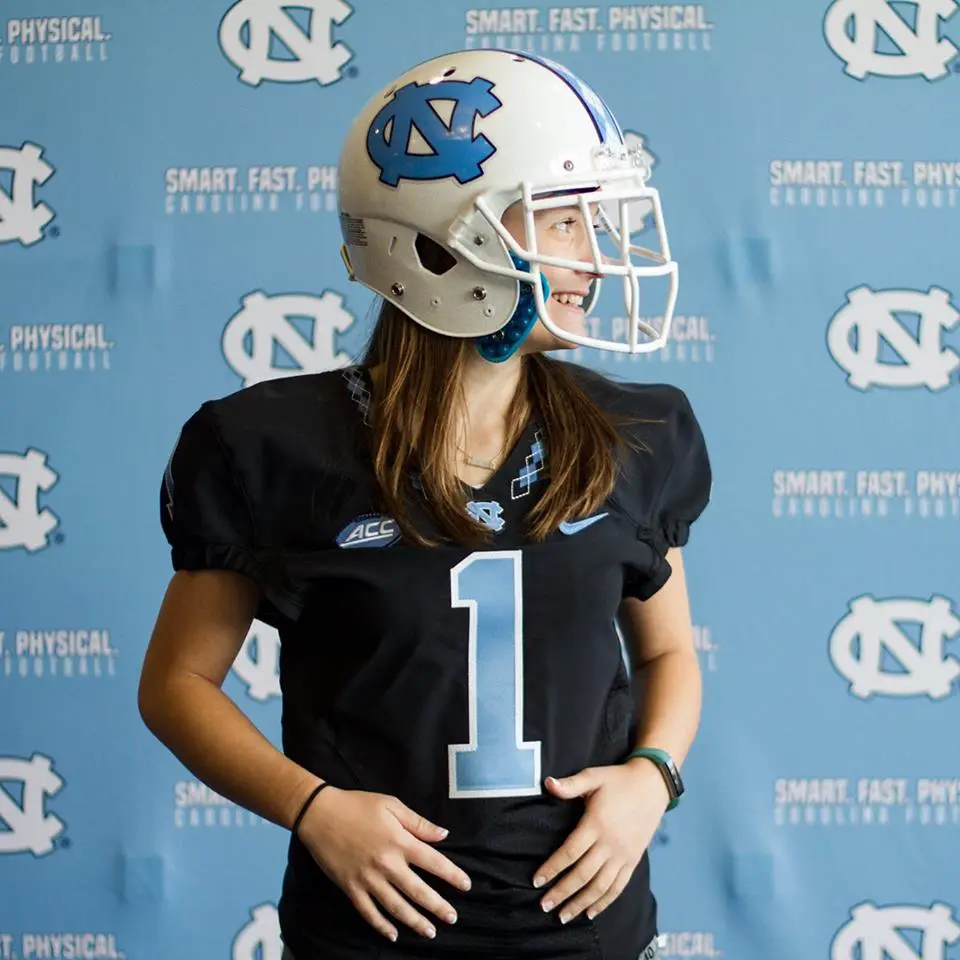
As for long-term goals, Putnam hopes to take an LSAT course this summer so she can eventually work in nonprofit law. She also plans to attain her PhD in communications and break into the realm of nonprofit management. She is intrigued by the idea of learning about how good leaders can advocate for a variety of people as well as why some nonprofits are successful and why others fail rapidly.
One of her hopes for the future is to be able to advocate for those who “can’t necessarily advocate for themselves.” Narrowing her scope will be difficult since she has many passions but, ultimately, Putnam feels as if both individuals and organizations should have an attitude of serving others.
Now that Putnam has secured the title of student body president, she hopes that every idea she based her platform on will be achieved by the end of the school year. She knows that everything might not be achieved by then, but she still has a positive outlook, saying, “If I can’t make it happen, I will at least have planted the seed for these changes to happen.”


